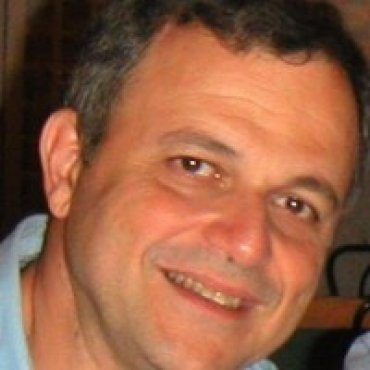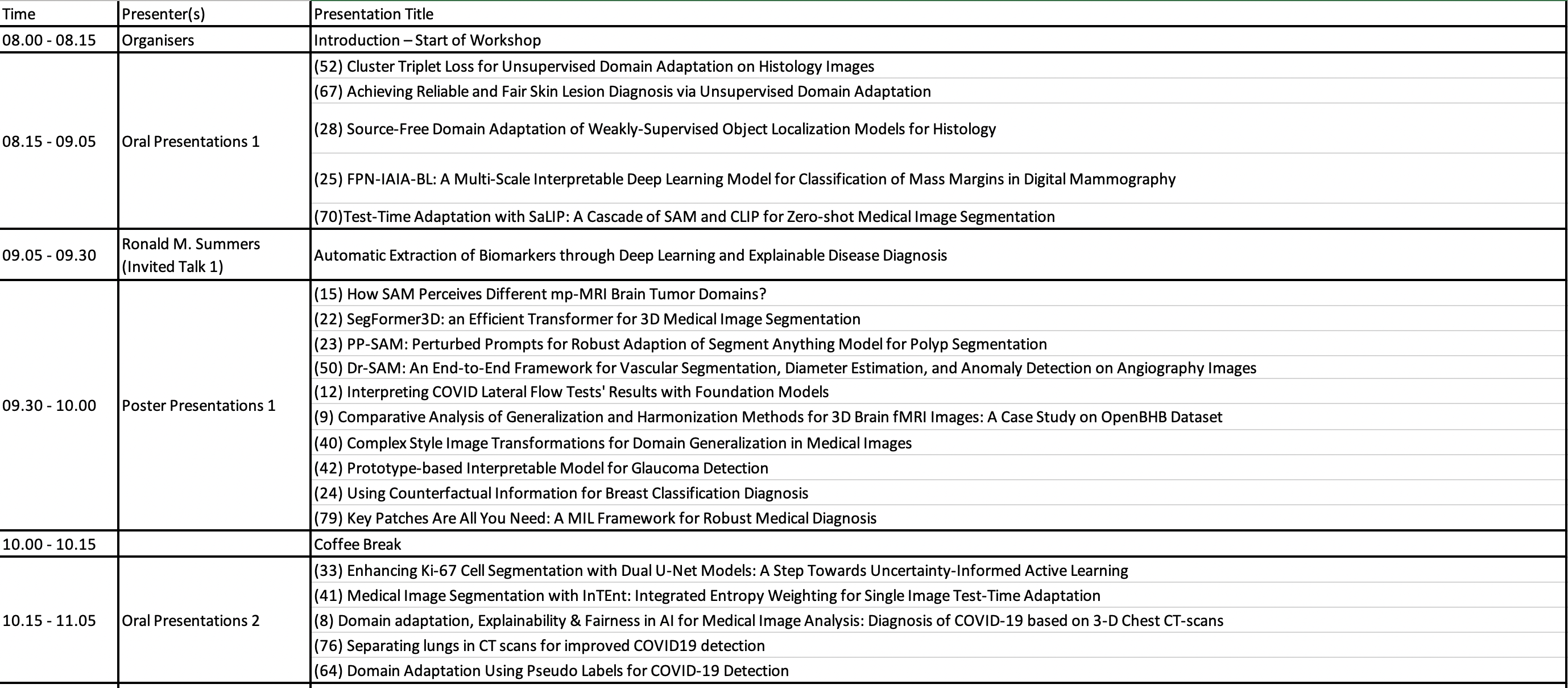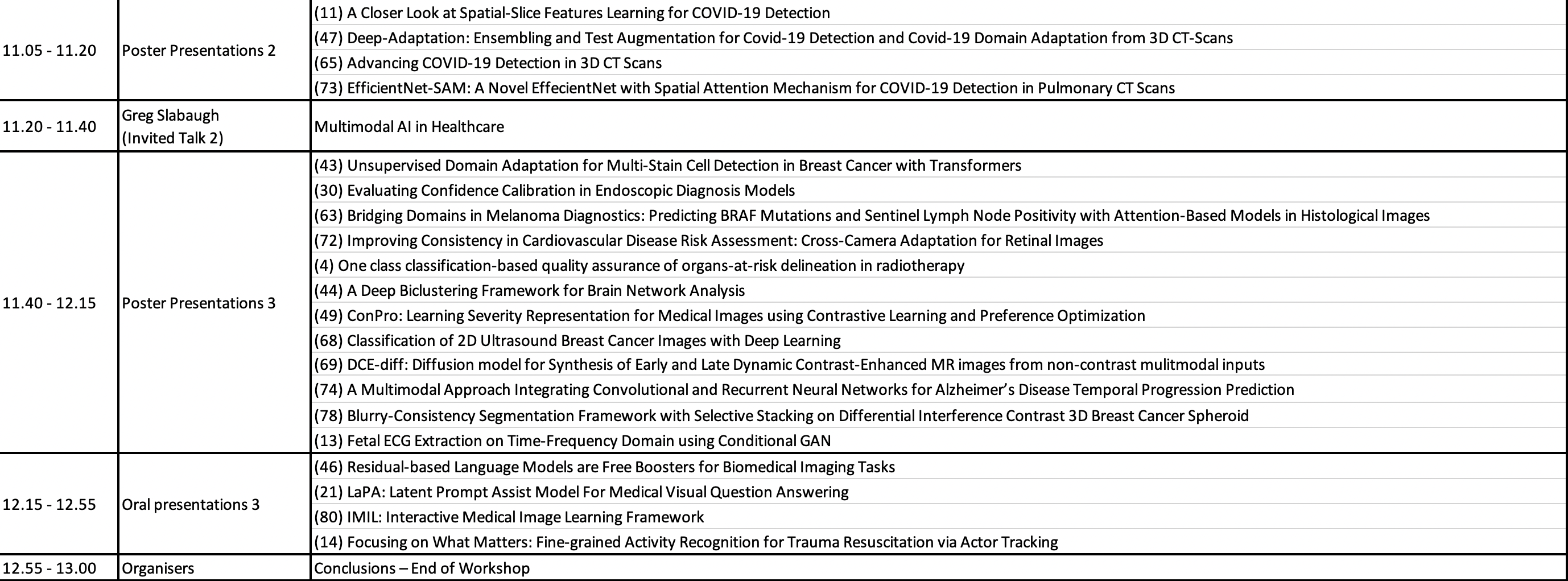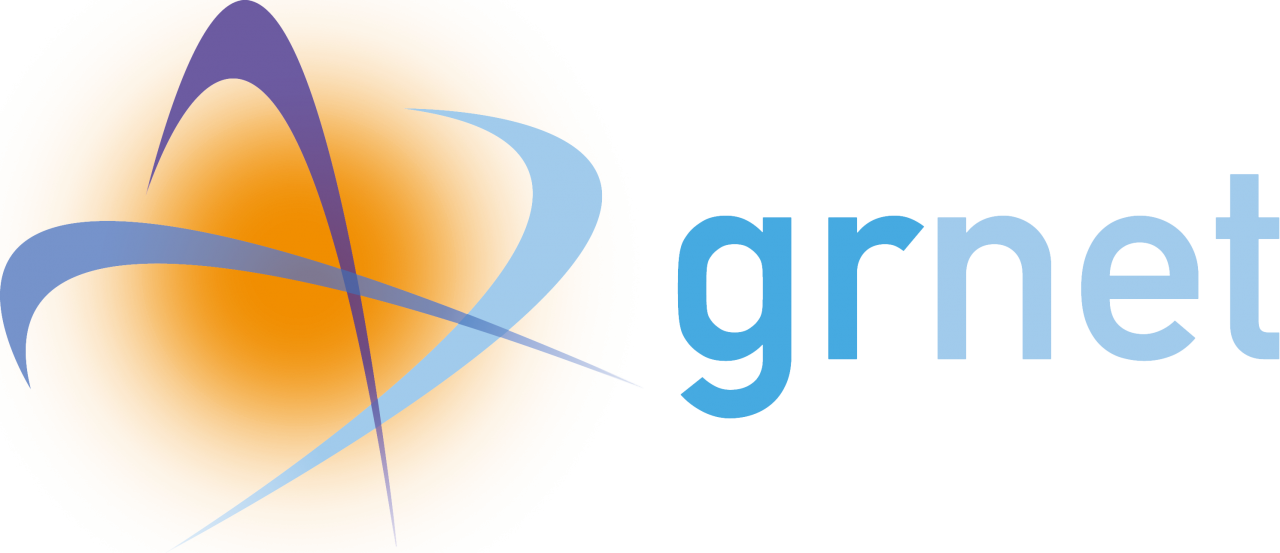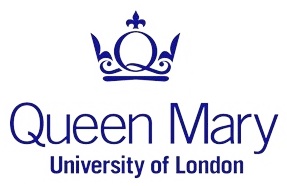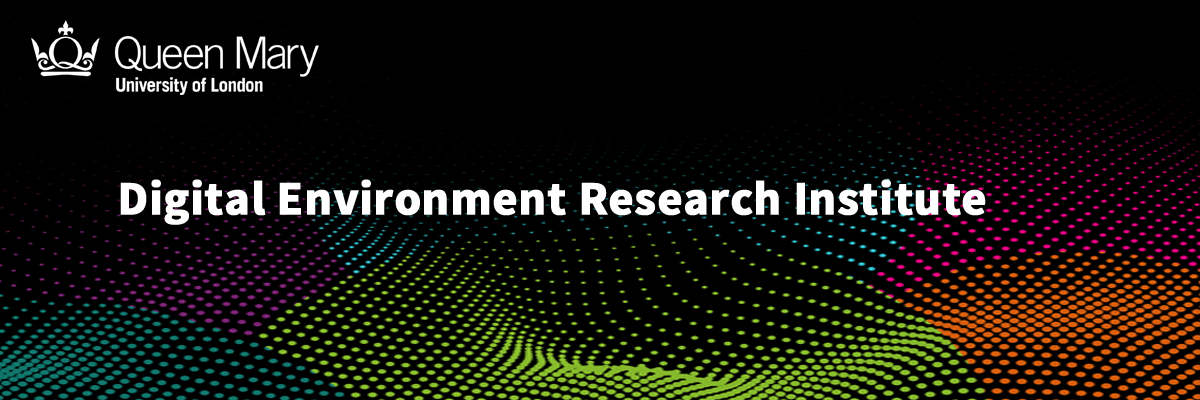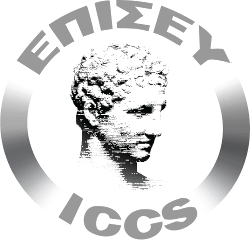Original high-quality contributions (in terms of databases, surveys, studies, foundation models, techniques and methodologies)
are solicited on -but are not limited to- the following topics and technologies:
Explainable 2-D & 3D-CNN, RNN, CNN-RNN, Transformers, Foundation models, unimodal/multimodal Large Language
Models (LLMs), unsupervised, self-supervised Machine Learning (ML) models for medical diagnosis
Sensing “salient features” of AI/ML models related to decision-making, in spatial (images), temporal
(video), volumetric (3-D) data
Optimal visualization of salient features and areas in the input data
Low/Middle/High level feature extraction & analysis for model interpretatability and explainability
In temporal and 3-D data: explanation of which features and at what time, or slice, or respective
intervals, are the most prominent for the provided decision
In multimodal data: explainable data correlations for predictions in data streams
Joint optimization of positive and negative saliencies
Global and local models for prediction or classification
Attention and self-attention mechanisms in DL/AI approaches
Interpretability at training time through adversarial regularization
Learning new data (from multiple sources) by leveraging knowledge already extracted and codified,
through domain adaptation
Generalizable ML/DL methods when the training medical image datasets are small
Generalizable ML/DL methods in cases of images with potential domain shift
Unsupervised, weakly supervised and semi-supervised model adaptation
Uncertainty estimation and quantification, self-training
Adaptation and prompt engineering in Foundation Models (e.g., LLMs) for explainable decisions and
prediction
Algorithmic fairness
Zero- and one- shot learning, avoidance of catastrophic forgetting
Workshop Important Dates
Paper Submission Deadline (UPDATED): 23:59:59 AoE (Anywhere on Earth) March 29, 2024
Review decisions sent to authors; Notification of acceptance: April 10, 2024
Camera ready version: April 14, 2024
Submission Information
The paper format should adhere to the paper submission guidelines for main CVPR 2024 proceedings style. Please have a look at the Submission Guidelines Section here.
We welcome full long paper submissions (between 4 and 8 pages, excluding references or supplementary materials). All submissions must be anonymous and conform to the CVPR 2024 standards for double-blind review.
All papers should be submitted using this CMT website.
All accepted manuscripts will be part of CVPR 2024 conference proceedings.

